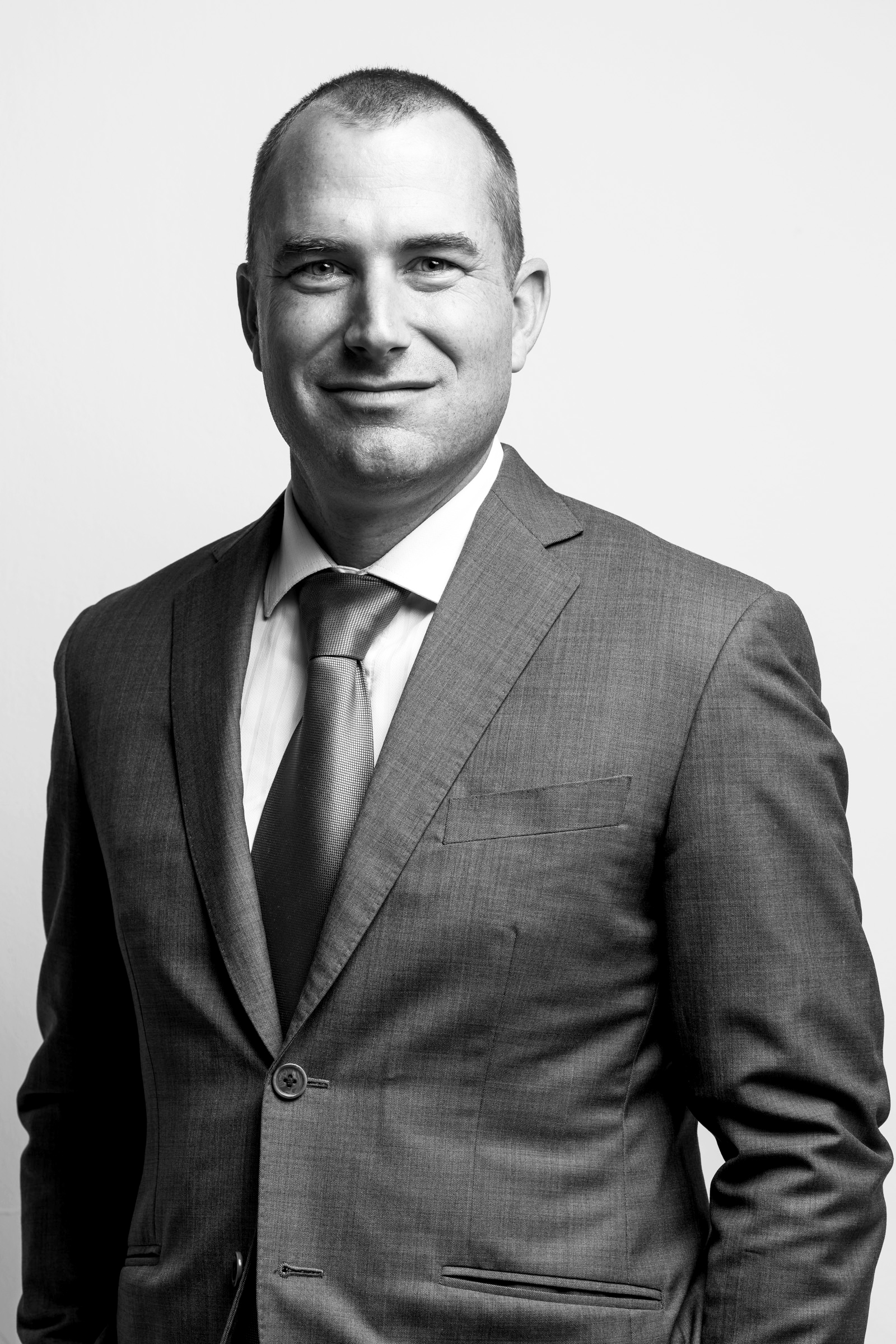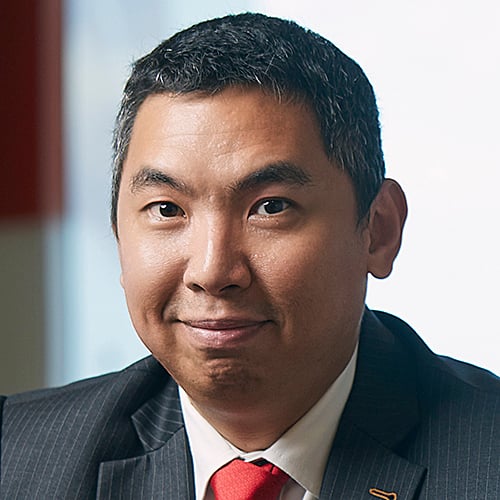
Walter de Oude, chief executive officer of Singapore Life, looks like a proud new father as he shows me around the firm's headquarters in Buona Vista.
The decentralized commercial hub twenty minutes away from Singapore's central business district is home to fintechs, biomedical science firms, technology and media industries.
The office floor is unexpectedly quiet as the teams ramp up for the day, the premises seem almost surgically clean but not sterile, and there is just a hint to a bygone Singapore age in the contemporary décor.
One thing noticeable by its absence in this rapidly growing twenty-first century insurer is clutter: no piles of paper, folders or files. "It's all in the cloud," says de Oude.
It is about one year since the insurtech gulped in its first breath and came to life. An eventful period ensued that saw the firm hit critical mass and make technical advances earlier than expected.
Just months into the new operation, in April 2018, Singapore Life snapped up the business portfolio of Swiss giant Zurich Life in the city-state. The deal saw de Oude's firm acquire all the customers' policies of Zurich Life Singapore, totaling approximately S$6 billion of coverage for life, critical illness, and disability benefits.
Acquiring business from such a recognized global insurer demonstrated to the market that the new kid on the block was a serious player and more than just an industry disruptor. The deal also gave Singapore Life a profile boost with positive regional and global exposure.
According to de Oude it was a textbook transaction. "That deal was awesome for us, it was a phenomenally good financial transaction, given that they were a willing seller and a blue-chip name," he says.
"We get immediate economies of scale because we are growing, and we could then bump up with S$6 billion of coverage sitting on our books," adds de Oude.
By quickly absorbing the Zurich business the insurtech showed it can be more nimble and agile than traditional insurers.
As a result of the financial uplift from the deal, de Oude and his team, ahead of schedule, invested more heavily in technology, thereby accelerating rollout plans.
There are no signs of a drop in the pace either - the newborn firm is already looking to spread its wings in Southeast Asia.
Driven by the enthusiastic CEO, Singapore Life is actively exploring several regional business expansion opportunities and will soon release an update on its activity.
Despite its rapid growth, Singapore Life is no overnight success. According to de Oude the first year of business is only the tip of the iceberg.
"It actually took us three years to get operational and funded. We had to build the tech, we had to keep the people, we had to build the aspiration, get the license, raise the capital and all that. So, it has been a lot of hard work to get here," says de Oude.
Getting a new life insurance license in Singapore is also a challenge for the local regulator, the Monetary Authority of Singapore (MAS).
The parameters to the application process for the license of a new life insurer had to be reshaped. Singapore Life as a startup had no track record for the financial overseer to delve into, but its management team could boast 150 years of collective experience of doing life insurance business in Singapore.
Fortunately for the firm, Singapore's financial regulator has been proactively embracing technological and innovation change. A massively detailed interaction with the regulator followed, which led eventually to Singapore Life becoming the first local independent insurer to be licensed by MAS since 1970.
It is surprising how compact the Singapore Life operations are. When I mention to him that his business is probably a decent environmental, social and governance (ESG) citizen it strikes a chord.
"You're exactly right. That's a great observation, we've never really thought about it, but that's actually quite a great observation. Our ESG footprint would be minuscule compared to others in the sector," says de Oude.
"That's the beauty here, we take the efficiency of technology and turn it into better value for customers. And you can see we can do that with a very small headcount because we've built technology to do 90% of what's required to deliver these things," he adds.
Singapore Life runs three core businesses. One is the high net worth business, much of which originates through private banks and brokers, and is 100% advisory.
Then there is the direct to customer business, which is all based on technology and straight through processing. The company's website enables customers to purchase life insurance products digitally.
And then the firm utilizes that digital capability, putting it in the hands of some independent financial advisors who can advise their customers and take advantage of the easier approach via technology.
For de Oude though, the key to the business is the constant calibration and fine tuning of the sophisticated technology underpinning his business. The tech gets better and more stable week by week. Singapore Life utilizes the reams of data it collects to continually expand the digital offering. It recently added calculators that allow its chat bots to advise customers based on their life stage, children, salary, future income, on how much cover they should actually buy.
But it's not a self-learning intelligence, it requires optimization from Singapore Life technicians. In terms of industry competition, de Oude does not believe his business is eating their rivals' lunch. "No, I don't think so at all. I think what's happening is that the market is expanding. I think that people who have traditionally feared or felt uncomfortable in a traditional advisory-style of insurance play are much more comfortable in a digital way," he says.
And de Oude thinks there's more than enough room. There are 17 life insurance companies in Singapore and they all have their own unique offerings and service models. The market has grown at 18% per annum since last year. So, there's more than enough business and, despite the growth, de Oude thinks there is still a significant gap in what people actually have versus what they need.
"So, we are adding capacity to the market, adding ease of access, but there's no thought that we are here to take a share away from anybody else. It's just a different customer choice," he reveals.
De Oude sees Singapore Life's advantage as the ability to be able to constantly evolve its technology system. Legacy partners, or the incumbents in the industry, just can't move as quickly.
Quizzed on what the end game is for Singapore Life, I ask him if there will ever be an IPO?
"When we started, we thought that would be a long-term objective, to IPO. The thing with IPO's is that it offers access to capital markets, but that's something we don't really need. Our capital base is growing and we've got access to more capital today than we are able to deploy," de Oude says.









